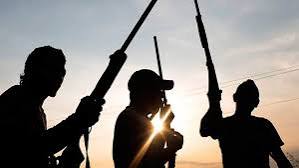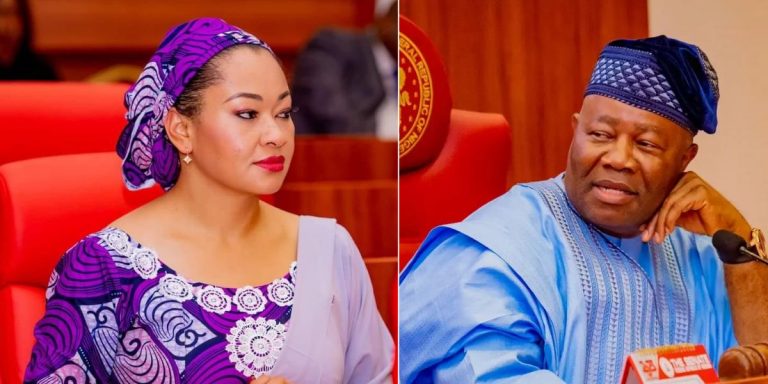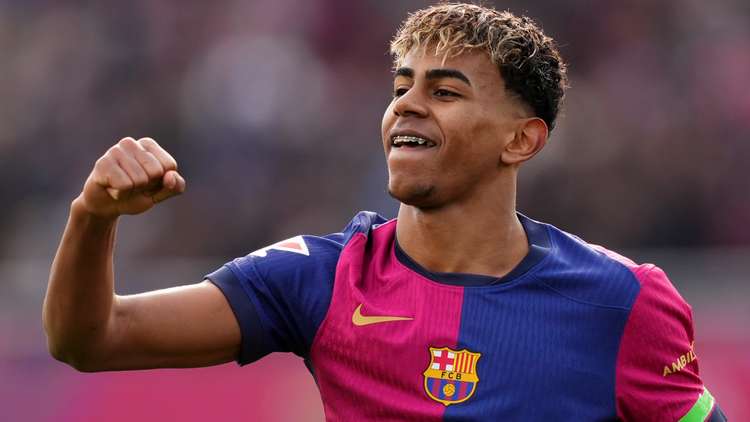The BBC has contacted Twitter to challenge the designation of its main account, @BBC, as “government funded media.” The label, which was recently applied to US public broadcaster NPR’s account, is designed to indicate whether an outlet is state-affiliated, meaning it is controlled by the government or has financial ties to it. The BBC argues it is an independent organisation funded by the licence fee paid by the British public, and should not be categorised as state-affiliated.
Twitter’s label links to a page on its help site, which explains the definition of state-affiliated media. Tesla CEO Elon Musk has suggested that media organisations should provide links to their funding sources. Responding to a tweet from BBC News highlighting the corporation’s funding, Musk emailed: “Is the Twitter label accurate?” He added that he would consider providing a label linking to “exact funding sources.”
The licence fee, which is £159 ($197) annually, is required by law in the UK to watch live TV or streaming. While the @BBC account, which has 2.2 million followers, has been given the label, much larger accounts associated with the BBC’s news and sport output are not currently being described in the same way. The BBC receives £3.8 billion ($4.7 billion) annually in licence fee income, accounting for around 71% of its total revenue. The remainder comes from commercial activities, such as grants, royalties and rental income. The BBC also receives over £90 million each year from the government to fund the BBC World Service, which serves non-UK audiences.
Source: BBC







